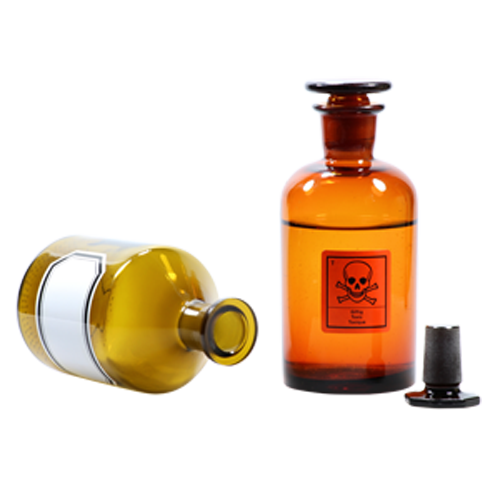The use of medication in too high doses can lead to intoxication that is potentially dangerous to health. Find out how to avoid it.
Drug overdose and drug intoxication: very real risks
Many people must take medication to maintain or regain their health at one time or another. Medications are generally safe when taken as directed, but they carry a risk of toxicity when given in too high a dose or too often.
Ingesting a medication at a higher dose than recommended can have various consequences. The nature and severity of these will vary depending on many factors: the substance involved, the quantity ingested, the age and health of the person concerned, the speed with which the necessary care is provided, etc. In many cases, no particular symptoms will be felt or observed. However, drug overdose or drug intoxication can cause, among other things, the following problems:
- various reversible side effects (nausea, vomiting, diarrhea, drowsiness, dizziness, loss of consciousness, etc.)
- more serious health problems (renal or respiratory failure, hepatitis, gastrointestinal bleeding, neurological disorders, etc.)
- coma or death (in the most serious cases)
Preventing overdose or drug intoxication
In general, a posteriori analysis of drug intoxication cases reveals that they could have been prevented. Since drugs are complex molecules, many intoxications are completely accidental. However, certain measures can considerably reduce the risks. Here are a few of them:
- Keep all medications out of reach and sight of children or any other individuals at a higher risk of intoxication (teenagers, people with Alzheimer's disease or intellectual disabilities, etc.).
- Clean out your medicine cabinet regularly and return expired, damaged or unused medications to your pharmacist.
- Ask the pharmacist for advice before taking any prescription or over-the-counter (non-prescription) medication. If you speak to a pharmacist that is not your regular one, have a complete list of your medications on hand. Some intoxications are completely accidental and these precautions can help prevent them.
- Always leave medications in their original containers. Make sure they are clearly labelled and that the dosage is clear to you. Ask about the effects of each medication and why it was given to you.
- Always closely follow the recommended or prescribed dosage of each medication. Don't take more or take it more often, unless a healthcare professional recommends it. If you are not sure you understand the dosage, don't hesitate to ask the pharmacist for more information.
- Never give medication to someone it is not meant for, unless you have consulted a pharmacist or doctor first.
- When giving medicine to a child, do not present it as candy.
- Keep in mind that a surprising percentage of adolescents misuse or overuse medication. If you live with an adolescent, information and prevention is even more important.
- If someone close to you expresses suicidal thoughts or behaves in a way that leaves you in doubt, be especially vigilant and take prompt action. Consult a health professional or a suicide prevention specialist. Many organizations have a mission to support suicidal people and their loved ones in order to prevent them from going through with it.
Pharmacists are knowledgeable about medications and their effects. They can provide you with a wealth of advice on how to use them safely and effectively. Ask as many questions as you need to; they will be happy to inform you so that the use of medications is safe for you and for your loved ones.
For additional information, you can also read the following text: How to respond effectively in the event of a drug intoxication.

